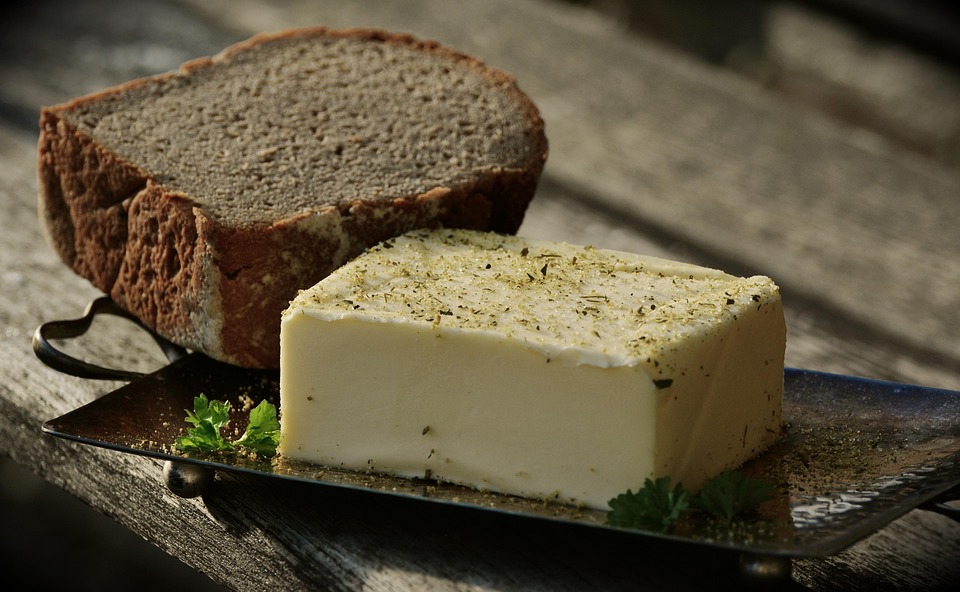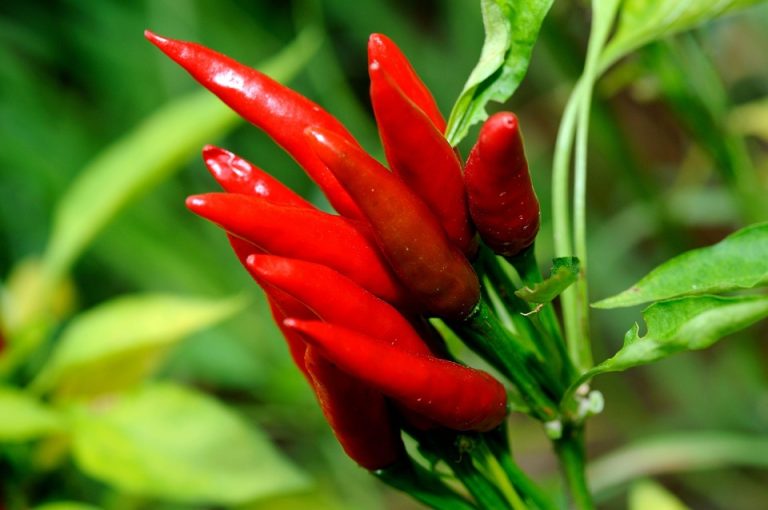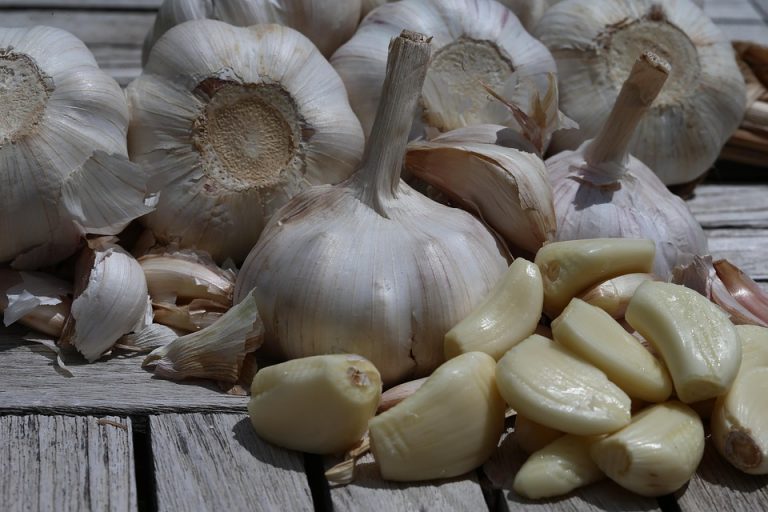Contents
Belly Fat Burning Herbs: What They Are And Why They Matter
Belly fat burning herbs are powerful plants that can help support your metabolism, tame inflammation, and make stubborn midsection fat easier to shift. You don’t need a miracle pill; you need smart, trustworthy tools that work with your body, not against it.
If your clothes are whispering “try a little harder,” this article is for you. I’ll show practical herbs, explain the science, and give clear, bold ways to use them so you actually see results. These are not gimmicks — they are time-tested plants backed by research from respected institutions like the National Institutes of Health and university studies on metabolism and inflammation.
Belly Fat Burning Herbs You Can Trust
Let’s cut through the noise. The phrase belly fat burning herbs gets tossed around a lot. Here, I’m naming seven that nutritionists recommend again and again, with what they do, how to use them, and the evidence that matters.
Green Tea (Matcha Or Green Tea Extract)
Green tea is a metabolic booster. The catechin EGCG increases calorie burn and fat oxidation, especially when paired with caffeine. Research from reputable institutions shows regular green tea consumption can modestly reduce abdominal fat.
Brew it: steep for three minutes, sip hot or iced. Take a green tea extract if you struggle with taste — but choose a standardized product from a credible brand to avoid contaminants.
Using green tea alongside a sensible diet amplifies results. It’s not a magic wand, but it’s a loyal ally.
Turmeric (Curcumin)
Turmeric’s active compound, curcumin, dampens inflammation and improves insulin sensitivity — two big reasons belly fat hangs on. Clinical trials show curcumin can help reduce markers of inflammation and support metabolic health.
Add turmeric to smoothies, soups, or make golden milk with a pinch of black pepper for absorption. A standardized curcumin supplement can be effective if you want concentrated results.
Ginger
Ginger speeds digestion and reduces bloating. Studies link ginger to improved satiety and lower calorie intake over time, which can help with losing visceral fat.
Try grated ginger in tea, dressings, or stir-fries. A cup of warm ginger tea after a meal calms the gut and keeps you from reaching for unnecessary snacks.
Cinnamon
Cinnamon helps control blood sugar spikes and reduces insulin resistance. Stable blood sugar keeps appetite in check and lowers the likelihood of fat being stored around the midsection.
Sprinkle cinnamon on oats, yogurt, or coffee. Look for Ceylon cinnamon to minimize coumarin exposure if you use it daily.
Fenugreek
Fenugreek seeds support healthy blood sugar and improve feelings of fullness. Nutritionists use fenugreek to help clients reduce belly fat through appetite control and better glycemic response.
Soak seeds overnight and add to salads or blend into smoothies. Fenugreek tea is an easy way to work it into your routine.
Rosemary
Rosemary isn’t just aromatic — it contains polyphenols that combat oxidative stress and support healthy metabolism. Animal and cellular studies suggest rosemary compounds can influence fat cells and metabolic pathways.
Use fresh rosemary in roast vegetables, infused oils, or as a fragrant tea to bring its benefits into your kitchen without drama.
Dandelion Leaf
Dandelion leaf acts as a gentle diuretic and supports liver function — both helpful for reducing bloating and improving digestion. Supporting the liver means your body processes fats and hormones more efficiently.
Add dandelion greens to salads or sip dandelion tea in the afternoon to reduce puffiness and support metabolic health.
How Belly Fat Burning Herbs Work — The Science, Plainspoken
Herbs help in three reliable ways: they support metabolism, reduce inflammation, and stabilize blood sugar. When your body stops fighting chronic inflammation and insulin fluctuations, it stops hoarding fat at the waist.
There’s solid research behind each herb listed. For example, green tea catechins have been studied for their fat oxidation benefits by universities and health organizations. Curcumin research ties inflammation reduction to improved metabolic markers. Cinnamon and fenugreek repeatedly show positive effects on blood sugar control in clinical trials.
Use these herbs as tools. Combine them with portion control, protein at meals, and strength training to preserve muscle. The herbs are the quiet engine; your choices are the steering wheel.
How To Use Them Daily
– Start your morning with a cup of green tea or matcha. It gives a gentle metabolic nudge and improves focus.
– Add cinnamon to your breakfast and coffee for blood sugar balance.
– Rotate turmeric in dinners and use black pepper to boost absorption.
– Keep ginger and rosemary on hand for teas and savory dishes.
– Drink dandelion tea before bed a few times a week to reduce morning puffiness.
Consistency is the secret. Use these herbs daily in tiny, manageable ways.
Safety And Interactions
Herbs are medicine. They can help, but they can also interact with medications or cause side effects in large amounts. For example, turmeric can affect blood thinners and ginger can increase bleeding risk at very high doses.
Talk to your healthcare provider if you’re on prescription medications, pregnant, or nursing. Choose quality supplements from brands that publish third-party testing.
Lifestyle Pairings That Actually Work
Herbs alone won’t do the job. Pair them with these solid behaviors and you’ll get the payoff faster.
– Strength training: muscle burns more calories at rest. Two to three sessions a week preserves lean mass during weight loss.
– Protein at each meal: it keeps you full and reduces late-night grazing.
– Sleep: poor sleep raises cortisol, which is linked to belly fat. Aim for consistent, restorative rest.
– Stress management: meditation, walks, and deep breathing reduce cortisol and inflammation — the exact enemies these herbs fight.
When you combine herbs with solid habits, small consistent steps add up to lasting change.
What To Avoid
Don’t rely on detox teas marketed as quick fixes; many contain laxatives and cause dehydration, not fat loss. Avoid excessive sweetened drinks, processed snacks, and the “one weird trick” promises. Those are marketing — not medicine.
Focus on nutrient-dense food, hydration, and measured portions. Let the herbs be supportive, not the sole strategy.
How To Build A Simple 30-Day Plan
Week 1: Add a morning green tea and sprinkle cinnamon on breakfast. Track hunger levels.
Week 2: Introduce turmeric in two dinners and sip ginger tea after meals.
Week 3: Add strength training twice this week and a weekly dandelion tea ritual.
Week 4: Rotate fenugreek into one meal daily and reassess your clothes, energy, and sleep.
Measure progress by energy, how clothes fit, and mood, not the scale alone. Take photos weekly. Small gains compound quickly.
Bottom Line
Bold truth: belly fat burning herbs are tools — not miracles. When chosen wisely and used consistently, they quietly support metabolism, reduce inflammation, and stabilize blood sugar. Pair them with strength work, protein, sleep, and stress control, and you’ll see results that last.
Start small. Pick two herbs that fit your taste, use them daily, and watch how steady choices change your silhouette and your life.
Be kind to your body. It’s already doing the work — give it herbs that help.
FAQ
FAQ
Are belly fat burning herbs safe to take every day?
Most culinary herbs like cinnamon, ginger, rosemary, and turmeric are safe in food amounts daily. Concentrated supplements need more caution. Check product quality and speak with your clinician if you take medications or have medical conditions.
How long before I see results using these herbs?
Expect subtle changes in weeks and more visible differences in months, especially when combined with exercise and a balanced diet. Herbs help speed processes that rely on consistent habits.
Can I take multiple herbs together?
Yes, food-based combinations are fine. For concentrated extracts, start one at a time to monitor effects and avoid interactions. A nutritionist can help create a personalized plan.
Which herb is best for bloating?
Ginger and dandelion tea are excellent for bloating. They promote digestion and reduce water retention when used regularly and combined with reduced sodium intake.
References
– The National Institutes of Health provides comprehensive information on green tea and its metabolic effects, (http://www.nih.gov/health-information/green-tea).
– Harvard T.H. Chan School of Public Health explains the benefits of turmeric, curcumin, and dietary inflammation in detail, (http://www.hsph.harvard.edu/nutritionsource/turmeric).
– The U.S. National Library of Medicine offers studies on cinnamon’s effect on blood glucose and metabolism, (http://www.ncbi.nlm.nih.gov/pmc/articles/PMC).








